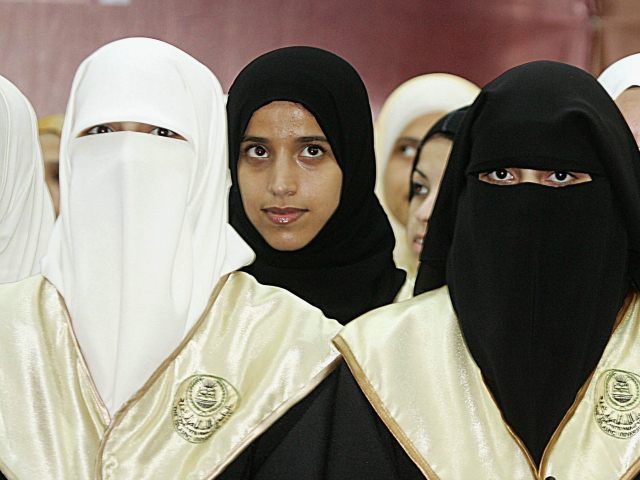The Israeli government on Wednesday approved a plan worth several billion dollars to improve the economic situation of the Arab minority, officials said.
Details on how the money will be spent were not immediately available.
But a statement from Prime Minister Benjamin Netanyahu’s office said the programme would apply to areas including education, transportation, employment, infrastructures, culture and sports.
“The plan ensures that minorities in Israel — Muslims, Druze, Christians, Circassians — will get fitting budgets to implement various development plans in their sectors,” Netanyahu said.
A government official told AFP on condition of anonymity that the five-year plan would cost 10-15 billion shekels ($2.56-3.84 billion, 2.35-3.52 billion euros).
Ayman Odeh, who heads the Joint List that groups the main Arab parties in parliament, cautiously welcomed the plan, which he called “the result of a long public struggle, yet to have ended.”
“The plan was constructed in close coordination between the Joint List and the Arab heads of local authorities,” he said in a statement.
“The fact that the plan includes a significant budget addition, alongside a change in the fund-allocating mechanisms of the ministries, could be a first step to reducing the economic and social gaps of the state’s Arab citizens,” Odeh said.
According to Amir Levy, head of budgets at the finance ministry, the plan entails “fundamental corrections in the governmental allocation mechanisms” which will “help realise the Arab sector’s economic potential.”
Social Equality Minister Gila Gamliel described it as “an important and historic step on the way to reducing gaps and advancing social equality in Israel.”
Netanyahu noted that the plan will also “strengthen law enforcement in the minority sector, with emphasis on illegal construction.”
Israeli Arabs are Palestinians and their descendants who remained after the creation of Israel in 1948 and account for more than 17 percent of the country’s population.
They often complain of discrimination in various fields, including building permits, infrastructure and education.
They tend to be suspicious of Netanyahu, who has questioned the feasibility of an agreement forming a Palestinian state in the near future, and who last year led a devastating war on Hamas forces in Gaza.
Tensions rose during the March general election, when in a polling-day bid to energise rightwing voters Netanyahu warned that Arab Israelis were going to the polls “in droves” — a comment for which he later apologised.
President Reuven Rivlin congratulated Netanyahu on Wednesday for the “vital step on the road to closing the gaps which have existed for years,” calling the plan “an unprecedented confidence-building measure”.

COMMENTS
Please let us know if you're having issues with commenting.